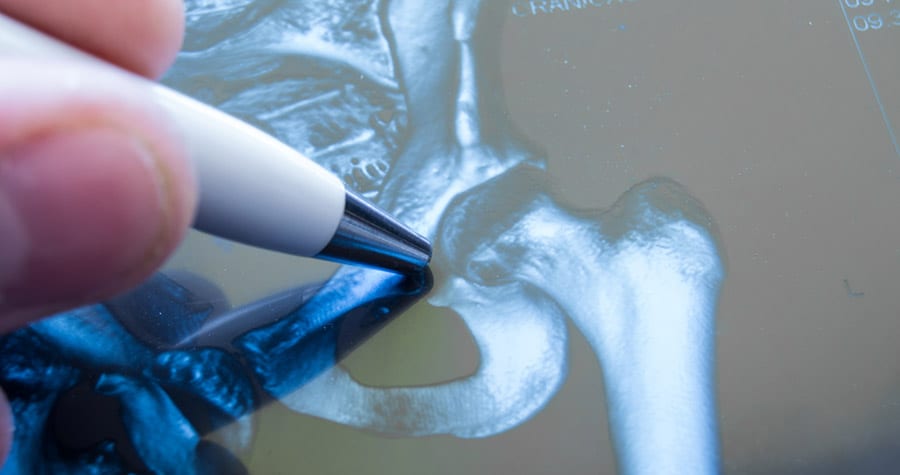
The Importance of Sleep for Orthopedic Health
Orthopedic health is a broad term and generally encompasses all aspects of the health of your bones and joints. Orthopedic problems are very common. Some of the most common issues include osteoarthritis leading to joint replacement surgery, osteoporosis, and spinal issues like chronic pain, ruptured discs, and sciatica. There are a number of different things people can do at home to help maintain their orthopedic health, and one of those things is getting enough sleep.
Osteoporosis and sleep
A 2019 study found that post-menopausal women who slept at least 7 hours a night were more likely to have healthier bones than those who only slept 5 hours a night on average. The sleep-deprived women had a 22% higher risk of having low bone density and a 63% higher risk of having overt osteoporosis of the hip and spine than the women who obtained adequate amounts of sleep.
This study based on its results on data collected from 11,084 postmenopausal women. The data were adjusted for possible confounding differences such as smoking, BMI, age, level of education, and several other factors. The researchers admitted they hadn’t set out to test a hypothesis about a link between sleep and bone density; it just kind of popped up in the data during their analysis. A major limitation of this study is that it relied on self-reports of sleep duration.
Osteoarthritis and sleep
There seems to be a vicious feedback loop in which individuals with arthritis have trouble sleeping, which leads to worsening of their joint pain, which leads to even more difficulty sleeping. It’s unclear whether the arthritis or the sleep deprivation is the initial causative factor in this feedback loop.
One disturbing study published in 2015 followed 367 adults with arthritis of the knee. The researchers found that 70% of the participants were troubled by sleeping difficulties, including difficulty falling asleep, staying asleep, and waking up too early. They also found a fairly strong correlation between severe sleeping disruptions and progression of the knee arthritis to disability.
The authors of the study speculated that sleep deprivation was worsening the inflammation of the knee joint. They also speculated that the chronic pain was altering certain pathways in the central nervous system, which was causing the sleeping difficulties.
Conclusion
Sleep deprivation has been shown to be associated with hormonal and metabolic changes and it also increases general inflammation in the body. It is therefore not surprising that getting insufficient sleep adversely affects all parts of your body, including your joints and bones.







